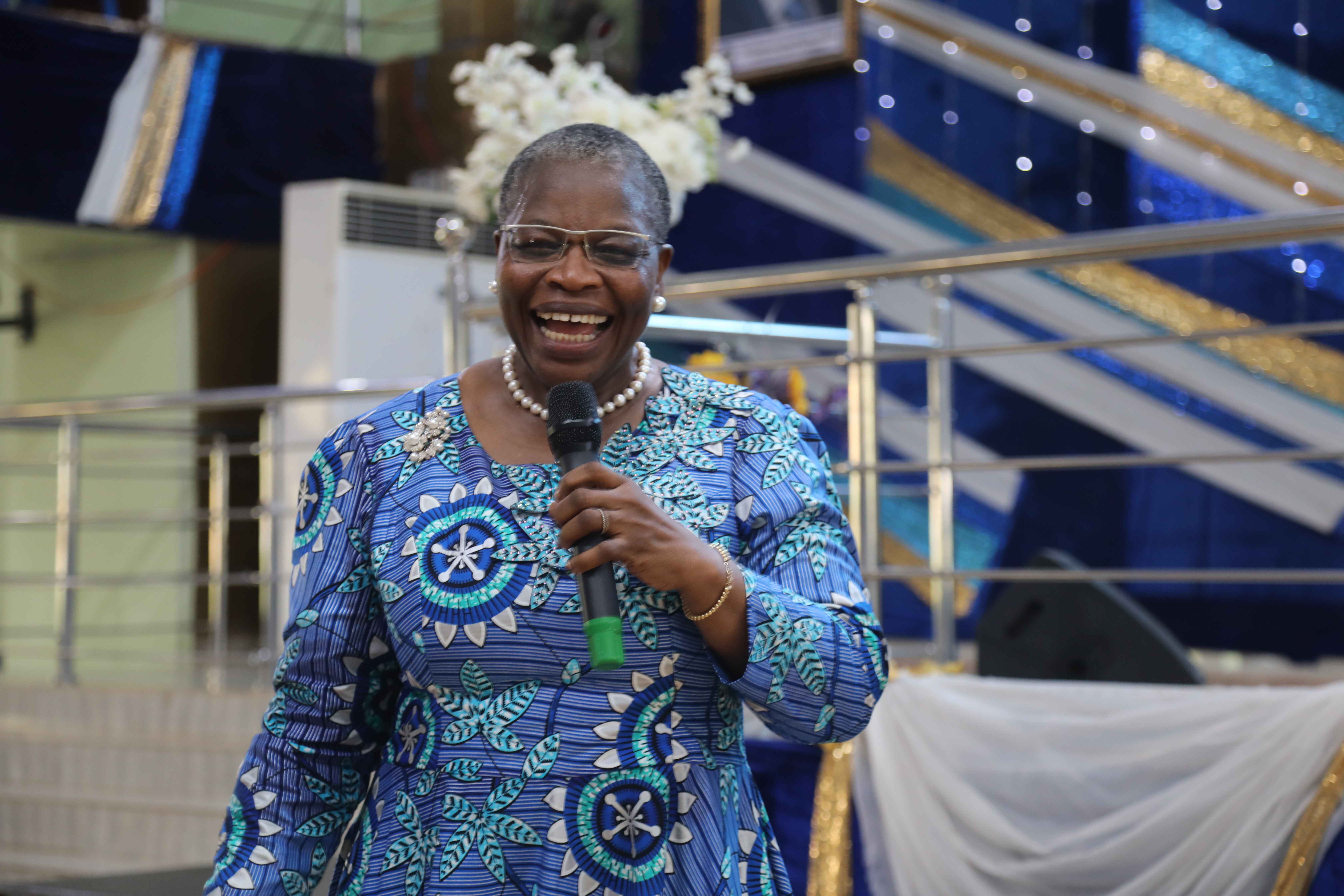The former Nigeria Minister of Education, Dr. Obiageli Ezekwesili, has canvassed the nation’s higher education need to shift from theoretical lecture-based models to skills-based learning emphasizing critical thinking, problem-solving, and entrepreneurship. She identified this practical mode of teaching and learning as one of the veritable means of ensuring that many graduates are employable in the country.
For her, the employment crisis in the country is already evident in workforce growth and job creation; hence, there is a need for tertiary institutions in Nigeria to up their game in churning out products that can think critically and establish themselves. Ezekwesili made this known on Monday as a guest speaker at the 20th-anniversary lecture of Redeemer’s University in Ede, Osun State.
Dwelling on the theme of the public lecture, which also marked the 83rd birthday anniversary of the Visitor of Redeemer’s University, Pastor Enoch Adeboye, “The Reality of Our Time: Harnessing Human Capital, Technology, and Values for a Sustainable Future,” Ezekwesili noted that according to the World Bank, 10 to 12 million young Africans enter the labour market each year. Yet, only about 3 million formal jobs are created.
She posited that this leaves millions underemployed or struggling in the informal economy. At the same time, the African Development Bank (AfDB) estimates that youth unemployment costs Africa over $63 billion annually in lost economic output.
The former World Bank Vice-President emphasized that Nigeria’s youth unemployment crisis reached 53.4% in 2023, significantly contributing to poverty, crime, and the ongoing brain drain.
According to her, the International Labour Organization (ILO) estimates that over 85% of African workers are engaged in informal employment, lacking job security, benefits, or long-term career prospects. She said: “Data from the International Organization for Migration (IOM) shows that Africa accounts for some of the highest rates of youth migration, as young people seek better economic opportunities abroad, often leading to a brain drain that deprives nations of critical talent.”
Ezekwesili emphasized that turning the youth bulge into a demographic dividend requires harnessing Africa’s youth potential through policy reforms, education system overhauls, and private sector engagement.
The lecture, she remarked, would explore the pressing realities of our time through three fundamental dimensions: the critical role of human capital development, the transformative impact of AI and emerging technologies, and the foundational importance of values in building a sustainable and equitable future.
Ezekwesili contended that regarding demographic challenges and economic implications, Africa stands at a defining moment in its demographic history. With over 60% of its population under 25, it is home to the world’s youngest workforce.
“This phenomenon, often called the youth bulge, presents opportunities and risks. If adequately harnessed, Africa’s youthful population could drive innovation, entrepreneurship, and economic growth. However, if neglected, it could lead to mass unemployment, economic stagnation, and social unrest,” she affirmed.
While speaking on transformational education, she maintained that higher education must shift from theoretical, lecture-based models to skills-based learning emphasizing critical thinking, problem-solving, and entrepreneurship.
“Universities should embed digital skills, AI literacy, and emerging technology training into curricula to align with global job market trends,” she said. “Partnerships between academia and industry must be strengthened to ensure graduates are equipped with practical, employable skills.”
On entrepreneurial development, Ezekwesili declared that governments must reduce barriers to business creation by streamlining business registration, reducing taxes for startups, and increasing access to finance for young entrepreneurs.
She added, “Venture capital funding and innovation hubs should be expanded across African nations to support youth-led enterprises in sectors such as agriculture, technology, and renewable energy.”
On scaling industrialization and infrastructure development, she viewed that African economies must move from commodity dependency to manufacturing, industrialization, and high-value service industries to generate sustainable jobs. She, however, posited that governments must create special economic zones (SEZs) and innovation parks to encourage investment in job-intensive industries like agribusiness, fintech, and renewable energy.

